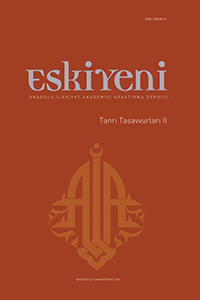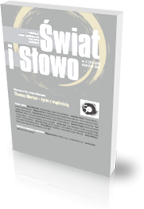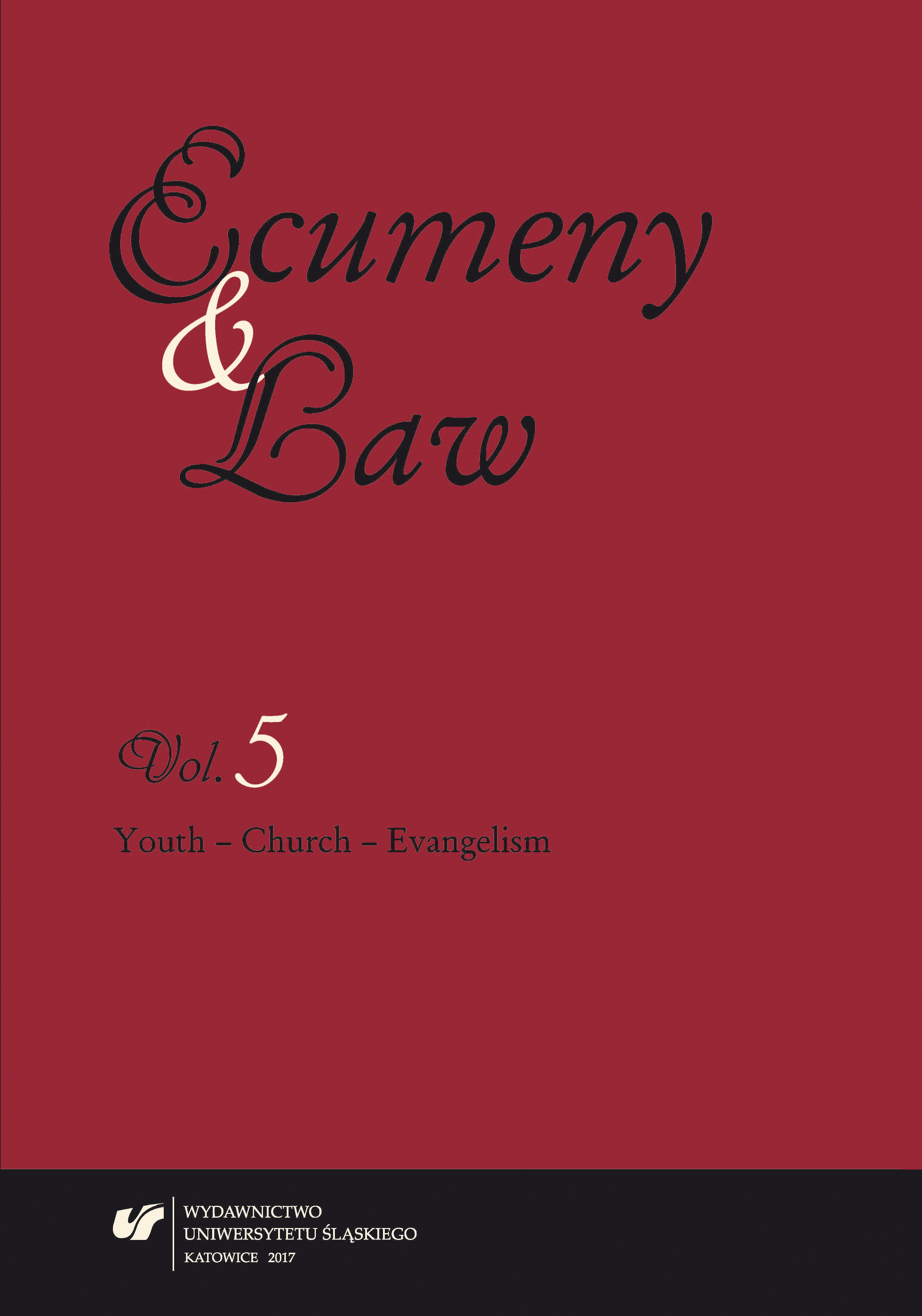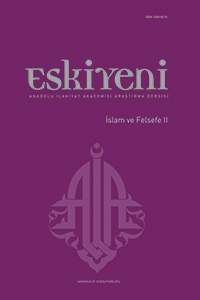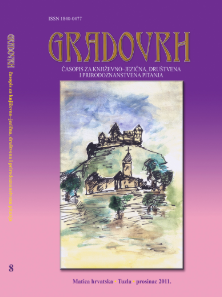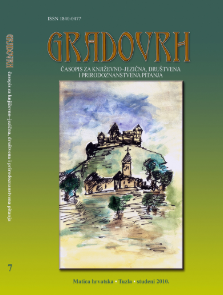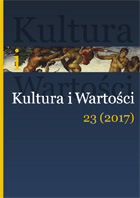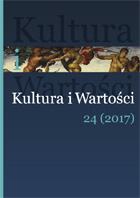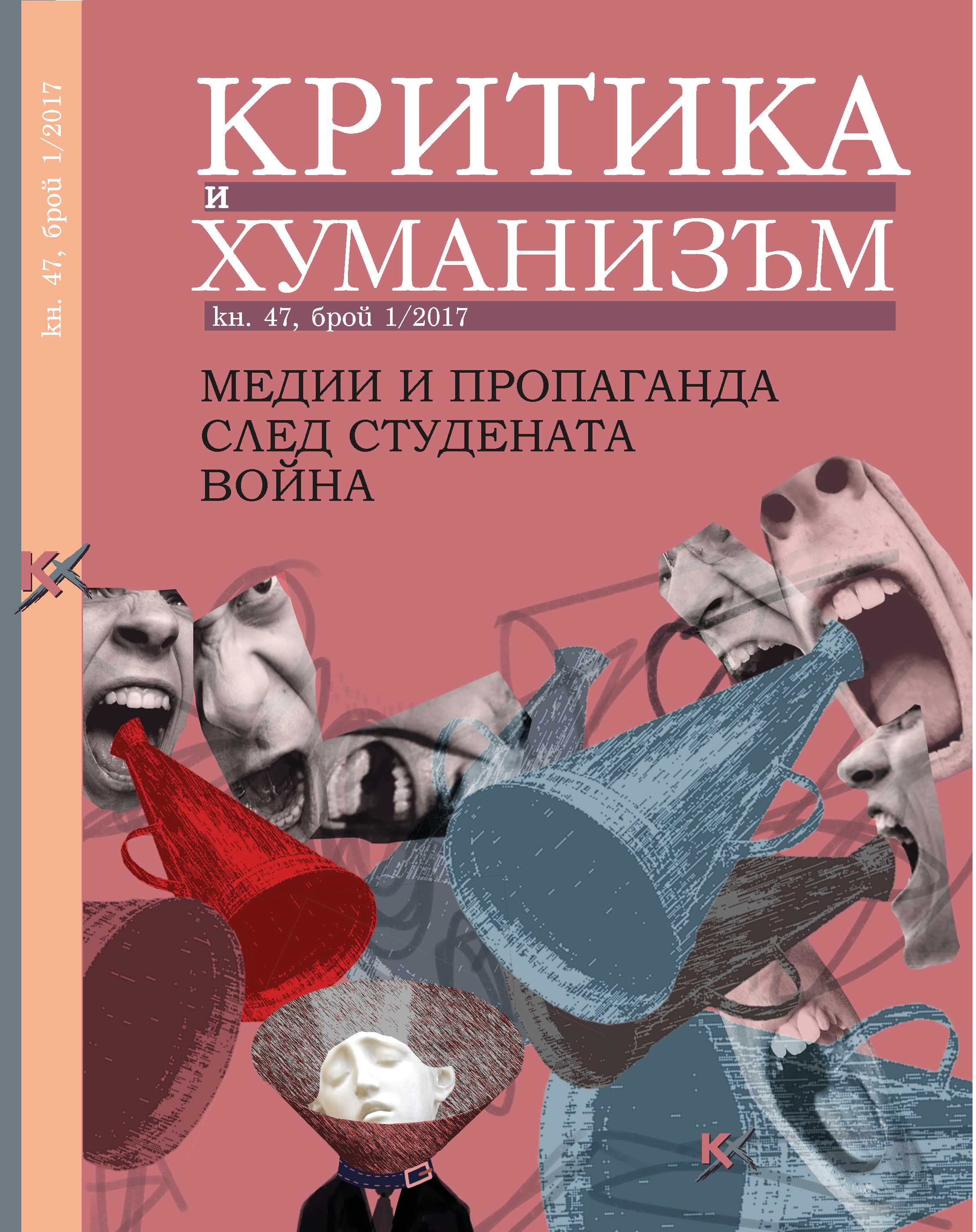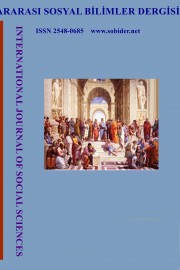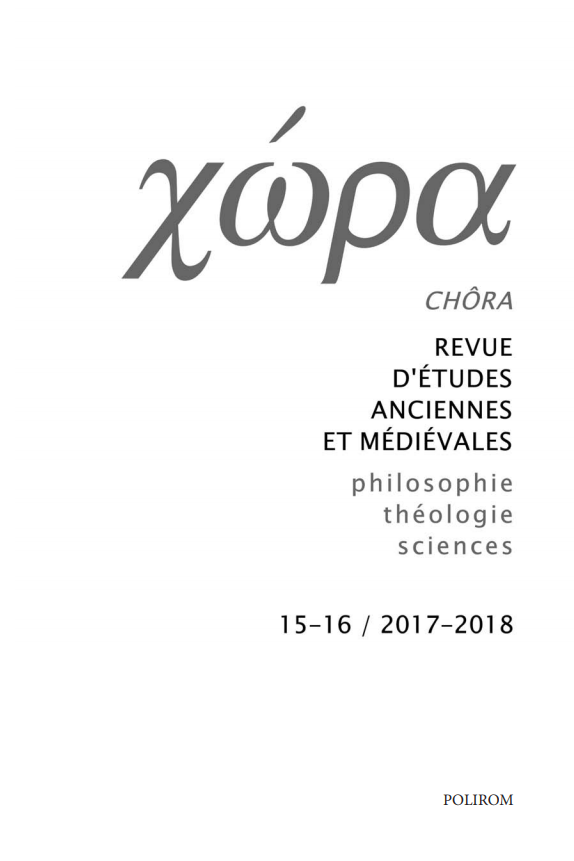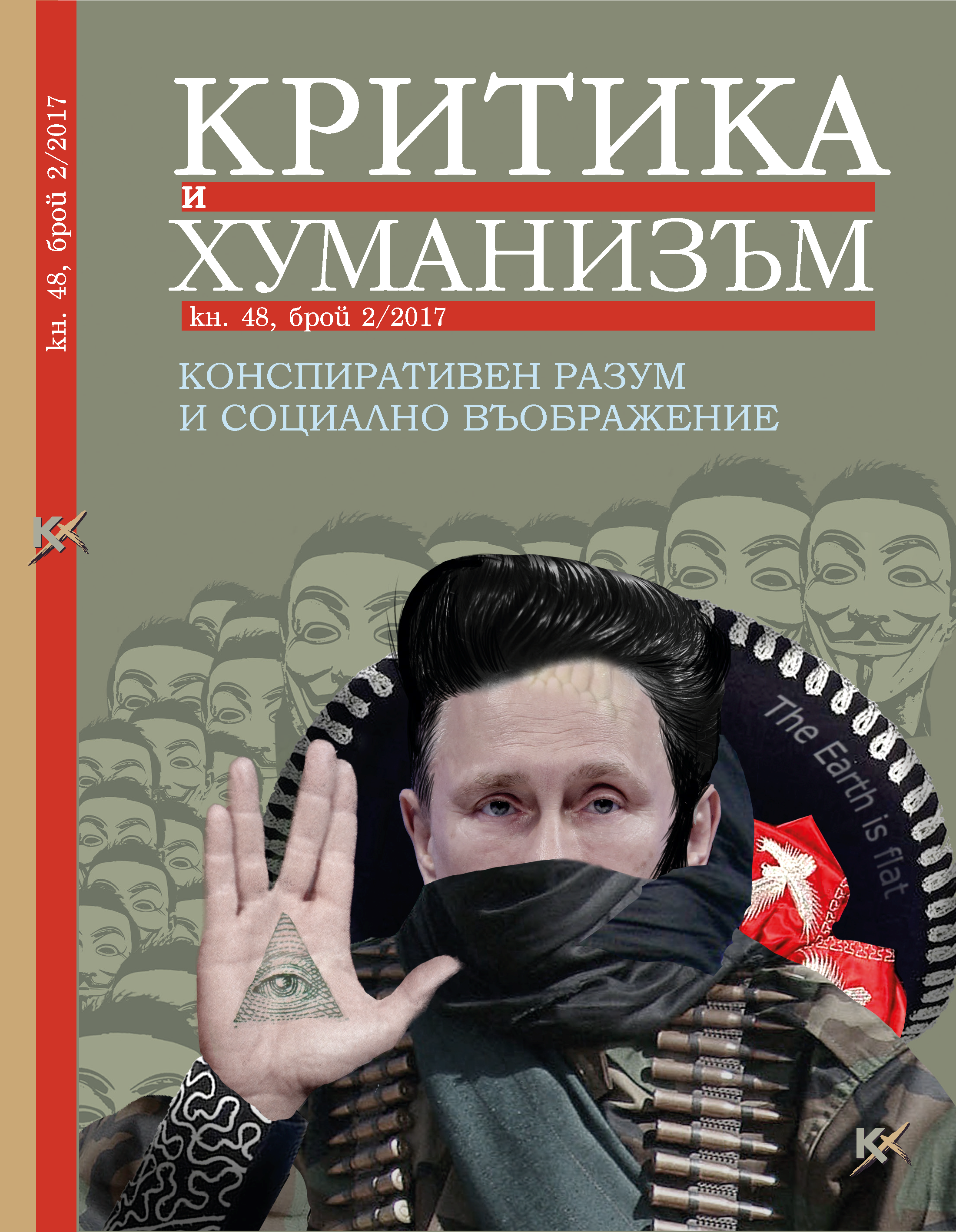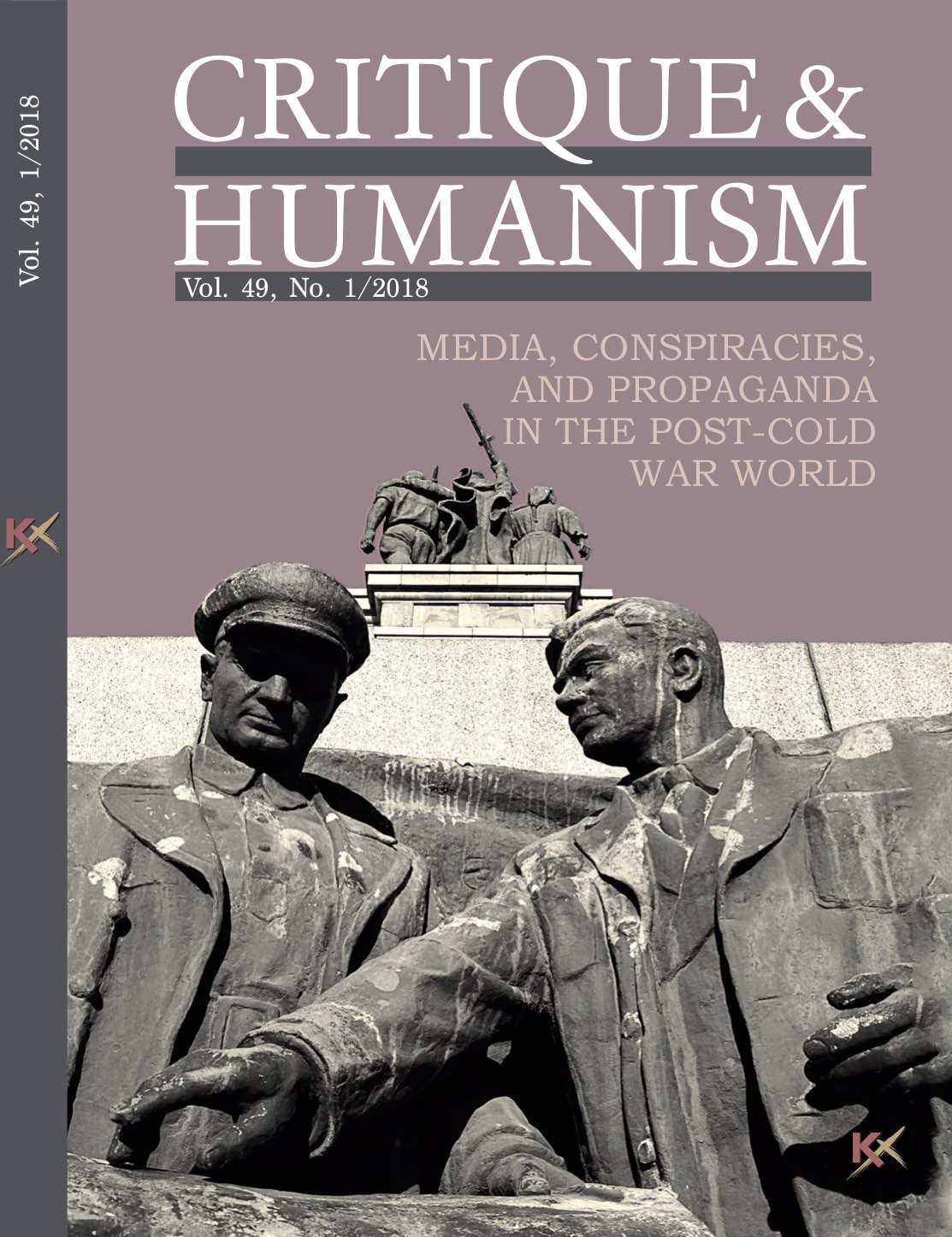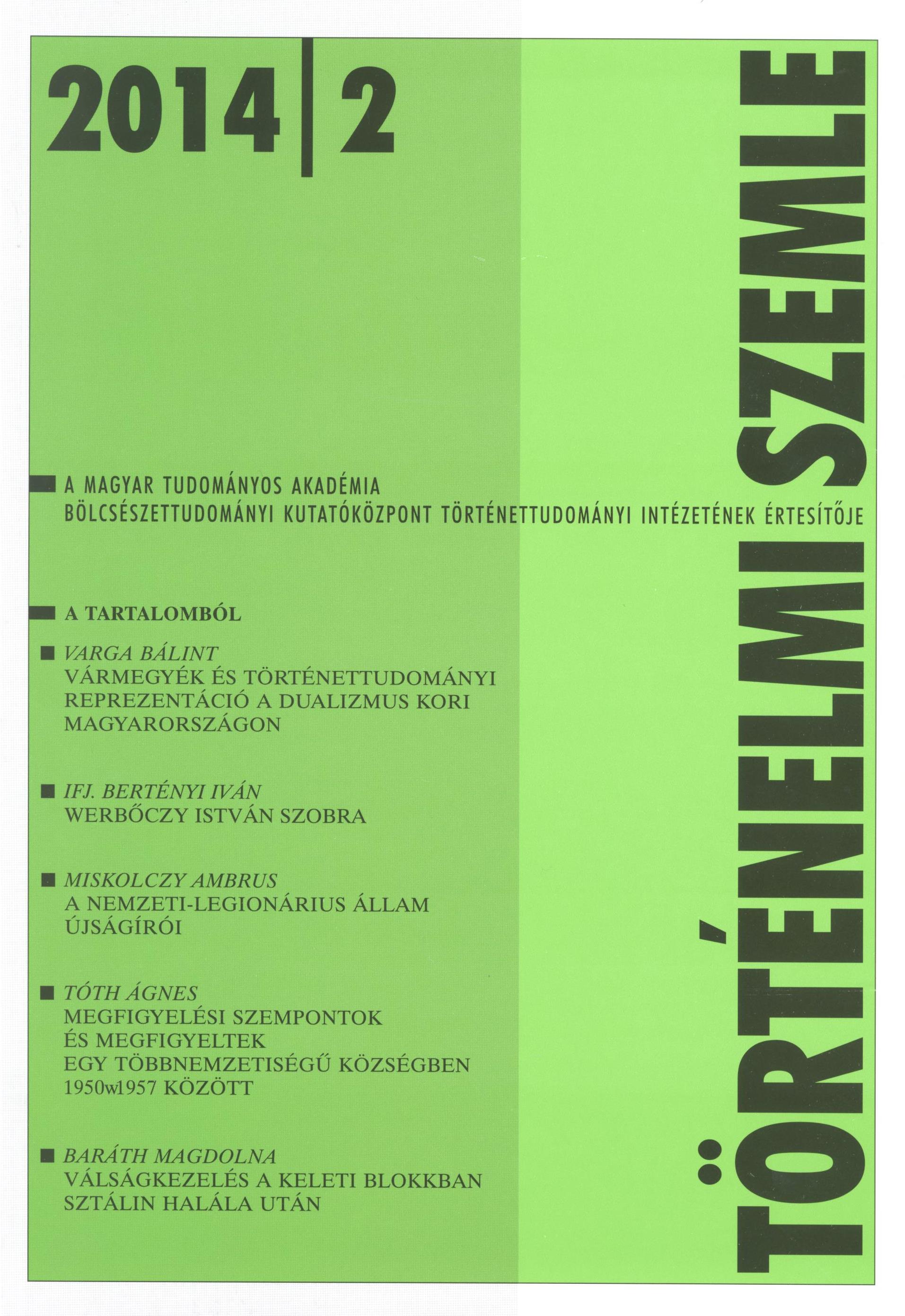Author(s): Dimitar Vatsov / Language(s): English
Issue: 49/2018
Within the framework of the more general logics of propaganda outlined in Part One, Part Two of this study aims to shed light on the recently growing populist-propaganda front. In contrast to many researchers who speak of a ‘populist wave’ recently spreading almost across the world (from Putin to Trump and back), on the level of discourses we prefer to call this phenomenon ‘populist-propaganda front’. This newly coined term presupposes that the dispersed popular discontents have, to a great extent, already been captured and packaged in a new propaganda regime. Gradually after 2000, the new populist-propaganda package (basic grammar and vocabulary) was produced by Russian media, but Russia does not determine all of its uses; it can be and is used in anti-Russian rhetoric as well. This package – national-sovereignist and conservative in its own terms – does not serve the interests of the local people but is utilized by different local politico-economic actors (oligarchs): it is a circulating resource for state capture. The particular practical logic of this populist propaganda is outlined here on the basis of the empirical study on Anti-Democratic Propaganda in Bulgaria. News Websites and Printed Media: 2013 – 2016.First, the populist-propaganda logics are based entirely on a conspiratorial grammar. The narrative figure of conspiracy, after a morphological analysis following Vladimir Propp, can be logically represented as a multiple relation with three logical positions: 1. Conspirator (Puppet-master, Villain) – 2. Helpers (Puppets) – 3. Victim (potential Hero). Populist propaganda totalizes this elementary conspiratorial grammar: everything in the (political and economic) world is a conspiracy. The scene of the conspiracy is the globe. Hence the position of the ‘Conspirator’ is translated into a geopolitical position: the usual suspect – the global Villain – is ‘the West’ (or the USA, NATO, Brussels, Soros, capitalism, liberalism, multiculturalism, etc., all of them metonymically substituted on demand).Second, by totalizing conspiracy, populist propaganda totalizes cynicism: its first message is that everyone is pursuing their own self-interest. Every other normative and political standard (presumably invoked to limit selfish self-interests – human rights, the rule of law, the separation of powers, etc.) is discredited in advance as an ideological smokescreen hiding the conspiracy.Third, the only legitimate interest is the people’s interest. But here a set of propaganda operations with the meaning of ‘the people’ takes place: 1. Using the Left repertoire of discrediting Western liberal capitalism, propaganda omits the inclusive Left meanings of ‘the people’ and substitutes them with exclusive ‘Right meanings’ (it is strategically targeted at the local majority represented in an ethnically-nationalist holistic mode); 2. The people’s interest and the people’s sovereignty are also strategically substituted by the state’s sovereignty (in geopolitical etatist terms); 3. But the state’s sovereignty understood as the existence of strong and mutually independent institutions is also strategically replaced by the ‘personal sovereignty’ of one strong and charismatic political leader. On the Bulgarian media scene, Putin and Orbán are usually cast in the role of real sovereign leaders countering the conspiracy of the West. In conclusion, contemporary populist propaganda is racist (excludes on a racial basis), isolationist (excludes international normative regulations and control), and authoritarian (on the internal level, it excludes the institutional separation of powers and blocks civic resistances). It is not only a Russian weapon but also an effective local device for state capture for every oligarch fighting against all forms of public control (internal and external) and utilizing the state as a tool for securing economic advantages.
More...
